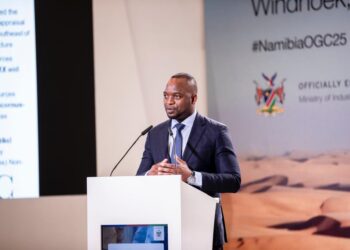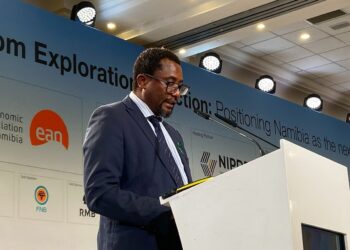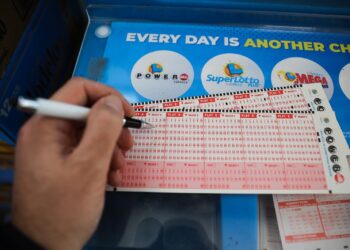
The City of Windhoek (CoW) has secured N$18 million from the Namibian government to electrify 4,000 households in informal settlements over the next five years.
Speaking at the groundbreaking of the electrification project at Okatunda in the Tobias Hainyeko constituency, CoW Mayor Queen Kamati said the project seeks to address the backlog of 4,000 unelectrified houses in the informal settlements.
“Together with the Municipal Council of Windhoek, the electrification projects have received N$15 million in funding from the Ministry of Mines and Energy for urban household electrification, and an additional N$10 million from the Ministry of Urban and Rural Development, of which N$3 million was allocated to the City’s electrification efforts,†she said.
The initiative, part of the city’s five-year electrification plan, will focus on communities in settlements such as Havana, Okuryangava, and Babylon.
In the first phase, 701 households will be connected to the grid, with additional street lighting installed to enhance safety.
The project also includes medium and low-voltage network construction, which will bring electricity to 249 homes in the Okatunda area.
“Windhoek is at an advanced stage of electrifying areas including Okatunda Y, Babylon, and Okuryangava, with a total of 249 connections. Specifically, Okatunda B and Okuryangava will see 300 connections, and areas such as Havana and Samora Machel will receive 43 connections. Other locations, including F2332 in Babylon and F1140, F1141, and F1355, are also part of the initiative, which aims to be completed by the end of February 2025, bringing a total of 102 additional connections,†she said.
Kamati further explained that the electrification plan was to reduce illegal connections and electricity theft in Windhoek’s informal areas, while also improving access to electricity in these underserved communities.
The project also aims to provide the council with guidance on implementing the electrification project and understanding the costs associated with it.











